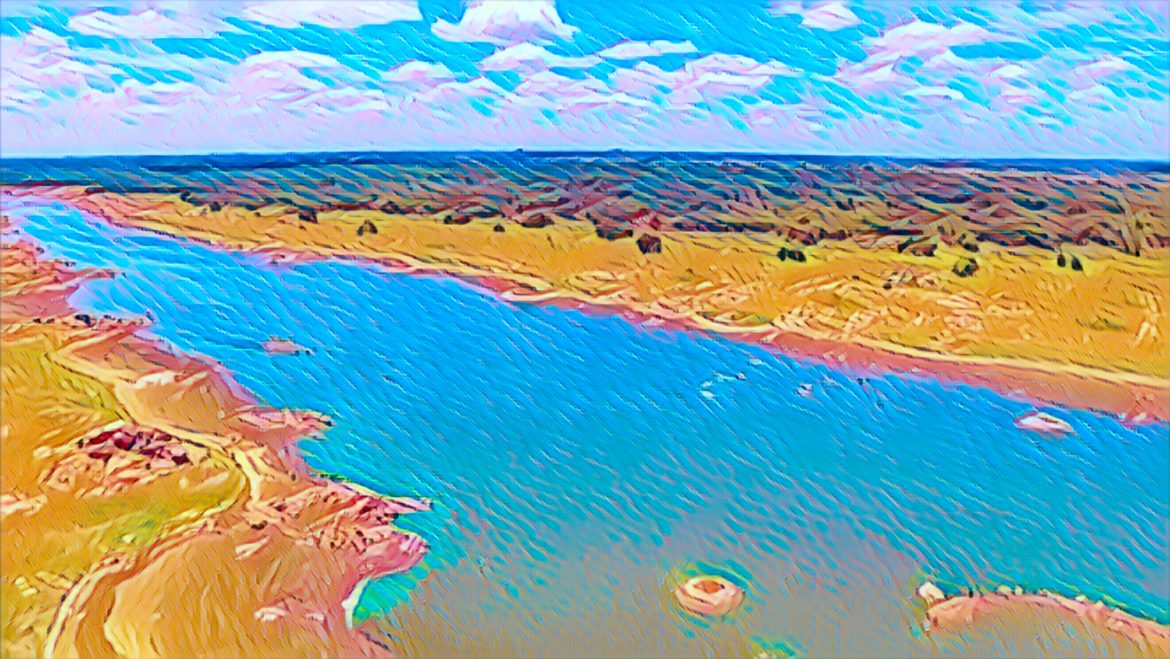Residents of Harare are warning of a potential humanitarian crisis as the Prince Edward Water Treatment Plant in Chitungwiza has been temporarily shut down due to extremely low water levels. The City of Harare has announced that the plant will remain closed until water levels rise, likely during the rainy season. However, this has left many communities worried about a looming water shortage.
The Combined Harare Residents Association (CHRA) has expressed serious concerns about the shutdown’s impact. They predict that, in the coming days, there could be increased conflicts and gender-based violence at public water points as people fight for access to the limited water supply. “It’s crucial to set up protections for women and girls at these public water points,” the CHRA emphasized.
The lack of investment in water infrastructure is already straining the city’s resources. With less clean water available, the risk of waterborne diseases like cholera is rising. The Zimbabwe National Water Authority (Zinwa) recently warned that water shortages could hit most urban areas hard, including growth points, due to an El Niño-induced drought.
The CHRA and other community groups are urging the government to speed up the construction of the Kunzvi Dam, which could serve as an alternative water source for Harare. They argue that while investment in water infrastructure is essential, water should remain a public resource and not be privatized.
Reuben Akili, director of CHRA, highlighted the severe impact this water crisis could have on hygiene and health in households across Harare. “With the water shortage, people will prioritize finding water for cooking and drinking, neglecting other hygiene practices like handwashing. This could lead to an increase in waterborne diseases,” Akili warned.
Alice Kuveya, director of the Chitungwiza Residents Trust, echoed these concerns. She called the situation a “bad disaster,” noting that even before the shutdown, residents were not getting enough clean, safe water as guaranteed by the Constitution. “We need the central government to prioritize building a reliable water source for Chitungwiza in their budget this year,” Kuveya stated.
City of Harare spokesperson Stanley Gama tried to reassure residents by saying the decommissioning of the water treatment plant is only temporary. “Operations will resume as soon as there is enough water. In the meantime, we will attempt to supply water from Morton Jaffray waterworks,” Gama said.
Earlier this year, the government had assured citizens that Zimbabwe had sufficient water reserves, especially in urban areas. But with the current situation, many are skeptical and worried about what the future holds for Harare’s water supply.
Source: Newsday


